The Week - Steve Jobs and the perils of being a corporate visionary
Caring too much about certain specifics of a vision is how I would describe it. That only one outcome counts as good enough, no matter what the costs. Despite it being another Jobs story, the point is quite profound. When do you care so much about accomplishing something that we do it at the expense of others? Or vice versa, when do you try to please others and forget yourself.

Jonathan Franklin - Lost at sea: the man who vanished for 14 months
Crazy read. So bizarre to follow the journey of this man being lost at sea for 14 months. Surviving the lack of food, the ocean and the loneliness. So impressive. While reading, images of movies like Life of Pi and All is lost continuously flash through my mind. 438 days later, he bumped into the Marshall Islands. Crazy!

Wired - Facebook aims its AI at the game no computer can crack
Deep Learning has been working quite well with images. Computers learn to use new input to continuously improve their ability to recognize what’s in the picture. And now Facebook is having a go at it (pun intended). They’re trying to create a Go computer that can beat the best human player. Go, you see, has so many possibilities that a computer simply doesn’t have the calculative power to use brute calculative force to get to the best move. But by using deep learning they’re learning what the next best move might “look like”.

John Peterson - Don’t let a good crisis go to waste
There are these moment - often shitty - where things become clear. Where you’ve got clarity to what’s important and what’s not. In those moments, we tell ourselves that we’ll start doing things differently. But afterwards, we just go back to business as usual. In this article, John encourages you to - in that moment - make the changes in such a way that you’re committed and can’t back out. That you can’t not follow up on your intention. By already making the appointment. Calling somebody up. Sending in that resignation. Because a week from that moment, all urgency is gone.

How success is making progress instead of getting results
Big projects are exciting. They can generate more or deeper results than many small ones. However, big projects can be too big. Or at the very least, appear too big. They’re daunting. Stifling. How do you get started anyway? And how do you stay motivated when the results don't seem to come?

Chris Sacca's commencement address at the Carlson School of Management
Sacca is a sort of investor wunderkind. One of - if not - the most successful ever. He also looks in no way like an investor. Here he shares 7 lessons to the just graduated students. (1) Ctrl-Alt-Delete: Start with a clean slate. (2) Be present: It makes every experience better and richer. (3) Play offense: What's YOUR to-do list? And more!

Gabriel Popkin - Is it foolish to model nature’s complexity with equations?
Is it possible to model nature? We run into all sorts of problems with ecological models. And do we have to use equations? Chaos Theory can do neat tricks. It can link variables that are don’t cause the effect to predict the effect. What? Yeah! Check this one out if you dare. It’s not as complex as it sounds :).

Simon Parkin - The Brain in the Machine
Steve Grand. This guy! Holy smokes. He’s programming animals. But he’s not mimicking the behavior of animals in code. He’s programming them on an almost cellular level. Programming virtual neurons and enzymes. Animals get hungry, need to go hunting. To go hunting, they need to scout the surroundings. To do that they need to learn to move. Etc. It’s an insanely big project. That he does by himself!

Isaac Asimov - “How Do People Get New Ideas?”
Creativity from 1959! And it holds up! Asimov was asked to join a think tank about missile defense systems. And quit it. But not before writing down the ways he saw people creating new ideas. He writes about how you make new connections. When you need interaction. When you need contemplation. Very good read!

William Deresiewicz (The Atlantic) - The Death of the Artist and the birth of the Creative Entrepreneur
Very interesting read about the changing role of an artist these the past centuries. From the low-class artisan to the artist as a solitary genius. And what are the implications of the current form of creative and diversified entrepreneurs? Where 10,000 contacts are more important than the 10,000 hours. Where it is every man for himself and art becomes a commodity. Becomes entertainment.

Dan Pallotta (TED) - The way we think about charity is dead wrong
NGOs have to play by different rules than companies. NGO’s have to be very conservative in areas like compensation, marketing, taking risks, the time pressure and profits. The nature of working with donations causes some of it. But when we see that it cripples these organizations that do good work. Why do we continue with this story? Dan Pallotta delivers a great and clean talk to address this.

How to grow faster by focussing on behavior instead of on yourself.
Can failing be positive?
This mindset is about focussing on your actions instead of on yourself. By doing so, succeeding or failing become a result of what you did. Not of who you are.
It’s about judging whether you did well by focussing on effort instead of on ability. You focus on whether you tried. Whether you showed up. Being able to do it or having chosen the right solution is less relevant.
It’s about a switch from believing in the self to believing in behavior. From talent to practice. From “I am the way I am” to “I can grow and improve myself”.

Why acceptance doesn't lead to stagnation but unleashes you.
As a competitive person, I want to achieve things. Set goals and reach them. And as someone who meditates, I want to be present and accept reality as is. But if I want to accept reality, why would I want to change it? Paradox-alert!
Mindfulness practice preaches the acceptance of the now. That seems to contradict wanting to compete and improve things. In itself, there is absolutely nothing wrong with having goals or wanting things. They can drive change to improve your life.
However, these goals need to come from a healthy foundation. So, acceptance becomes a prerequisite. It is a state from which you can start with improving. Let me explain what I mean.

Otto Scharmer - As systems collapse, citizens rise
A great articulation on the reaction of a system (regression or muddling through) to a crisis and the alternative response from the citizens (empathic-human response)

Mark Boyle - Living without money: what I learned
"I discovered that my security no longer lay in my bank account, but in the strength of my relationships with the people, plants and animals around me.”
